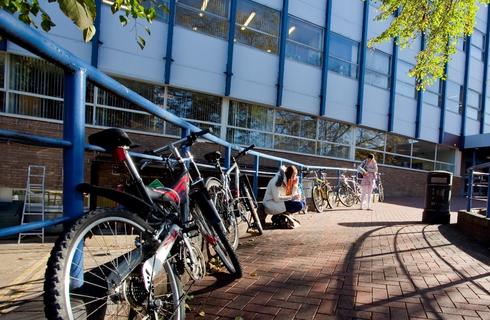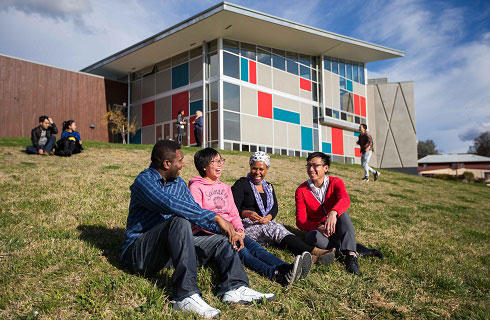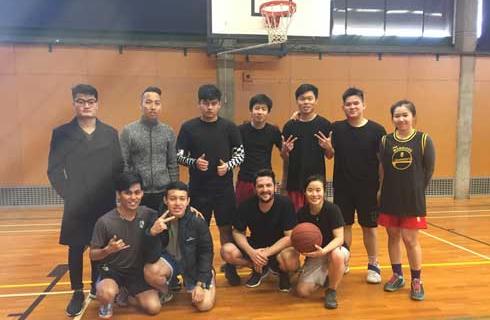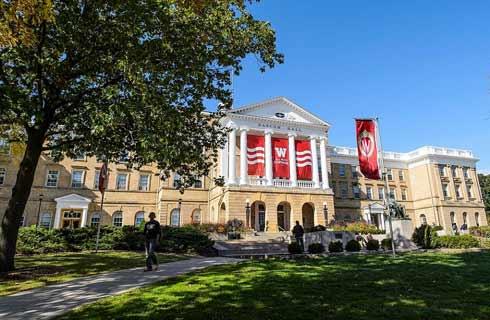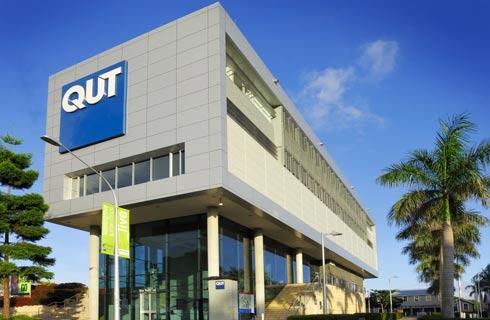Bachelor of Global Studies and Bachelor of Science [Conjoint] - Statistics - Statistics and Probability Pathway

奥克兰大学

QS排名:
学历文凭
Dual (Conjoint) Degree
国际学生入学条件
International Baccalaureate Diploma - 28
IELTS Academic - 6.0 (No bands less than 5.5)
TOEFL iBT - Overall score of 80 and a writing score of 21
TOEFL PBT - Overall score of 60 and a writing score of 21
展开
IDP—雅思考试联合主办方

雅思考试总分
6.0
了解更多
- 雅思总分:6
- 托福网考总分:80
- 托福笔试总分:550
- 其他语言考试:Michigan English Language Assessment Battery (MELAB) - 80
CRICOS代码:
申请截止日期:请 与IDP联系 以获取详细信息。
课程简介
A BGlobalSt/BSc conjoint allows you to complete a BGlobalSt and a BSc in less time than it would take to complete the two degrees separately. You can combine one of four majors in the BGlobalSt with a wide range of subjects spanning the full range of scientific enquiry. You'll explore the value of subjectivity and objectivity, of creativity and critique, of free thought and rational argument. You'll develop your analytical and numerical abilities as well as your written and verbal communication skills. You'll also investigate the cultural, societal and historical context of scientific discovery. The BGlobalSt/BSc usually takes four years to complete.<br><br>Statistics is the collection, analysis, presentation and organisation of data, allowing us to make predictions for the future based on previously gathered data. We live in an information age. Computers allow us to collect and store information in quantities that previously would not even have been dreamt of. However, raw, undigested data stored on computers is useless until people can start to make sense of it. Statistics is the human side of the computer revolution, an information science, the art and science of extracting meaning from seemingly incomprehensible data. Statistics applies to almost any field, this is why some training in statistics can help make you more effective and more employable, regardless of the career direction you choose. Investigation: asking questions, designing ways to collect data to answer those questions, collecting data, making sense of what the data say to produce sensible answers – this is the subject matter of statistics and a set of general life skills. The Department of Statistics is the birthplace of the R Project. Founded in 1996 by Associate Professors Robert Gentleman and Ross Ihaka, R is a free programming language and environment for statistical computing and graphics. It is taught around the world and is used by Ivy League universities, Google, Uber, and many more. Learn more about the R Project.
展开
相关申请

预科

奖学金

实习机会

在校学习

跨境学习

校园授课-线上开始

在线/远程学习
学校排名
世界排名
201
数据源:泰晤士高等教育世界大学排名

关于奥克兰大学

奥克兰大学(Waipapa Taumata Rau)位于世界上文化最多元化的城市之一,是新西兰唯一一所跻身世界百强的大学(2025 年 QS 世界大学排名)。该大学拥有七个校区,在校学生超过 40000 人,享有世界领先教育机构的美誉。学校每年接待来自 100 多个国家的 8000 多名留学生。该大学在帮助学生取得成功方面取得了卓越的成绩,其毕业生成果在新西兰排名第一(2025 年 QS 世界排名)就是最好的证明。2024 年,该校在《泰晤士报》全球高等教育影响力排名中保持第一(第 13 位),这是对该校在实现可持续发展目标方面所取得进展的认可。在 2024 年 QS 世界大学学科排名中,该校有 10 个学科进入前 50 名,为学生提供了无可争议的高质量学习体验。这些学科包括人类学、英语语言文学、教育学、土木工程和心理学。该大学拥有60多个研究中心和研究所,以为学生提供高水平教育为荣,使学生有能力为全球、社会、经济和文化的未来作出贡献和创造。学生还可以通过加入近200个不同的俱乐部和社团,使自己沉浸在大学社区中。
本校相关课程
学历文凭
Bachelor Degree with Honours
学历文凭
Bachelor Degree with Honours


















